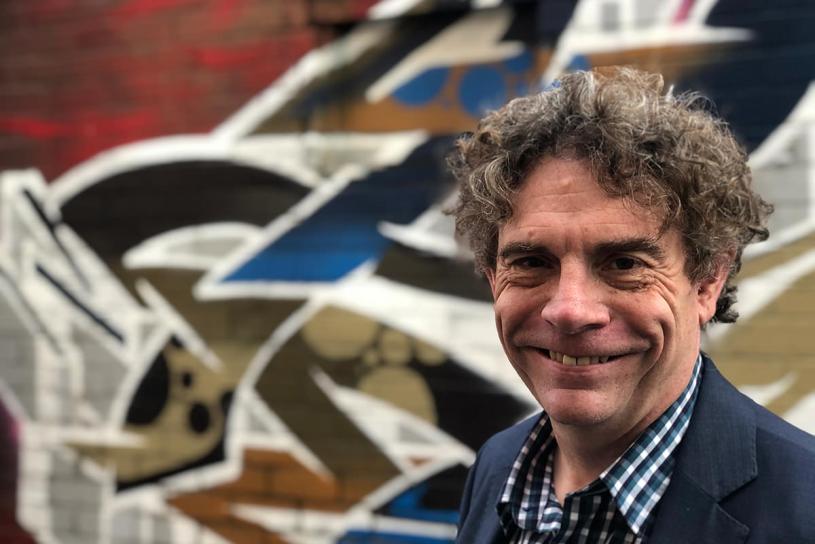Simplicity and clarity will inform Screen Australia’s approach to documentary funding in the year ahead, according to head of documentary Alex West.
The successor to Bernadine Lim will appear alongside other members of the department at this year’s Australian International Documentary Conference (AIDC) in a session designed to introduce newer members of the team, as well as outline potential changes to the funding programs.
Having taken over the role in June last year, the beginning of West’s tenure coincided with a volatile time for the sector, which was navigating the renewed threat of COVID, while also battling against legislative changes to the Producer Offset that arguably would have disproportionately impacted documentary filmmakers.
While there is no end in sight to the pandemic, last month docomakers received as welcome boost when amendments to the federal incentives passed through both houses of parliament, keeping the qualifying Australian production expenditure (QAPE) threshold at $500,000 rather than $1 million, and retaining the Gallipoli Clause.
West told IF the documentary department was working on reforms within the existing funding programs that reflected the state of the sector in 2022.
“Those changes will be a response to some of the things that have been going down and will be about providing simplicity,” he said.
Prior to the onset of COVID and the introduction of the federal offset reform, Screen Australia planned to revise the documentary funding programs, including alterations to the development, producer, and commissioned programs.
There was also a proposal to replace the Producer Equity Program (PEP), which provides a direct payment of funds to producers of eligible low-budget Australian documentaries, in favour of a creatively-assessed completion fund.
It came after funds for the PEP were exhausted well before the end of the 2018-19 financial year, leading Screen Australia to cease processing applications in April 2019.
Having initially been scheduled to take effect on July 1, 2020, the revisions were pushed back until 2021 as a result of the pandemic, with the existing versions of the programs remaining in place last year as the sector faced more uncertainty.
West said that although the agency as a whole was evolving its guidelines, he was not “the kind of character who blows in and needs to smash things around”.
“As a practitioner, I was always conscious that you could do a project that you spend a year getting up, where you go through the system and you get funded, and then you go back for another project that you are developing and the rules have changed,” he said.
“I’m quite conscious of not changing rules for the sake of changing rules.”
In regards to the PEP, he said the issue of funds being exhausted too early was “problem on all budgets”, noting the agency’s job was to “constantly apply the things we have to the demand we receive”.
“At the moment, the fund is ticking along quite nicely and there is the fundamental [argument] underlying everything that there never was, is, or will be enough resources to fund [projects] in a subsidy-based system because demand and creativity is so high,” he said.

“But if you take that as a given, I’m not looking to introduce any massive changes on PEP because what I really like about it is that it was developed in response to filmmakers’ desires for a low intervention measure that covers the more indie end of the spectrum and enables people doing their own work on their own projects to send them in.
“I think that’s a setting which is extremely valuable and one that the industry wanted going back quite some time.”
West may be relatively new to the role, but he has more than 25 years of screen experience, having worked as a documentary producer, filmmaker, writer, and director, as well as in screen agency investment program management.
Speaking about his own experience with Australian documentary production, he said the sector had never been in a stronger position, craft-wise or creatively.
“It’s amazing to see the titles that we’ve seen released in the past couple of years and the stuff that’s coming through in the next few months, as well as the creative capability and insight the producers and directors have.
“For me, the films speak to the health of the creative elements of the sector; the practitioning and creation have never been better.
“We enter this phase with more money in the pot, a strong sense of creative agency amongst producers, and a sector that is becoming ever more diverse.”
AIDC will run March 6-9, 2022 in-person and online, with the international marketplace held across March 10 and 11.


